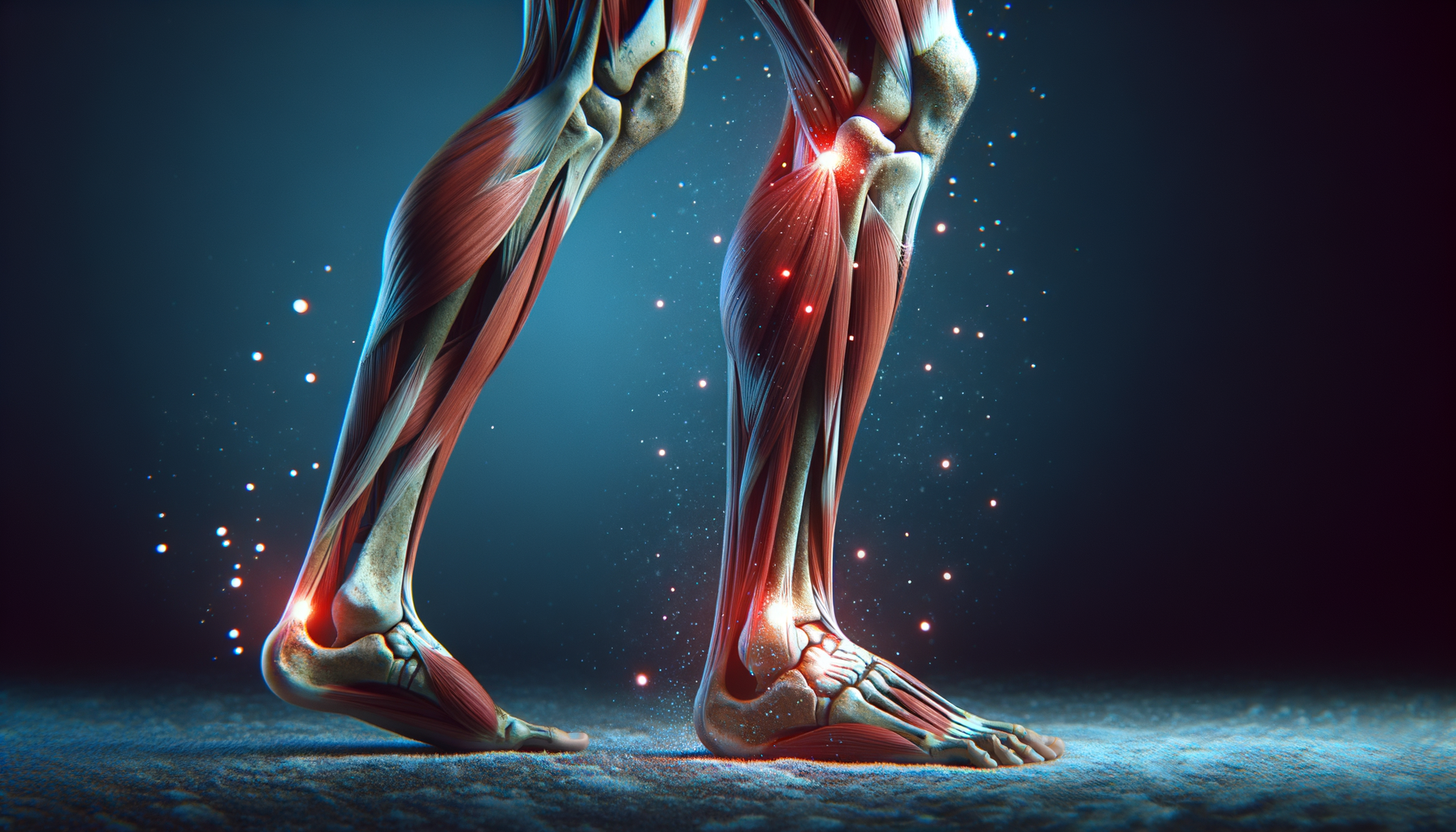Introduction: Unraveling the Mystery of Nighttime Leg Aches
Many people experience leg aches at night, disrupting their sleep and affecting their overall well-being. Understanding the root causes of this discomfort is crucial for finding effective solutions. This article delves into the various reasons why your legs might ache at night, exploring both common and more complex causes. By gaining insight into these factors, you can take proactive steps to alleviate the pain and enjoy a restful night’s sleep.
Common Causes of Nighttime Leg Aches
Several common conditions can lead to leg aches during the night. One prevalent cause is muscle fatigue, often resulting from overexertion during the day. When muscles are overworked, they can become sore and achy as they attempt to recover during rest. Another frequent culprit is dehydration. Without adequate fluid intake, muscles may cramp and ache, especially during the night when the body is in a state of rest and repair.
Additionally, poor circulation can contribute to nighttime leg aches. Conditions such as peripheral artery disease (PAD) or varicose veins impede blood flow, leading to discomfort and pain. In some cases, restless leg syndrome (RLS) is to blame. This neurological disorder causes an irresistible urge to move the legs, often accompanied by uncomfortable sensations that worsen at night. Addressing these common causes through lifestyle changes and medical intervention can significantly reduce nighttime leg aches.
Underlying Health Conditions and Nighttime Leg Pain
Beyond common causes, certain underlying health conditions can also lead to leg aches at night. Diabetes, for instance, can cause neuropathy, leading to pain and discomfort in the legs. Similarly, arthritis can result in joint pain that becomes more pronounced during periods of inactivity, such as nighttime. Individuals with fibromyalgia may experience widespread pain, including in the legs, which can intensify at night.
Another potential cause is electrolyte imbalance. Essential minerals like potassium, magnesium, and calcium play a crucial role in muscle function. An imbalance in these electrolytes can lead to muscle cramps and aches. Chronic kidney disease and certain medications can also contribute to leg pain. Consulting with a healthcare professional is essential for diagnosing and managing these conditions effectively, ensuring that nighttime leg aches are addressed appropriately.
Practical Solutions to Alleviate Nighttime Leg Aches
Once the cause of nighttime leg aches is identified, several practical solutions can help alleviate the discomfort. For those with muscle fatigue or dehydration, ensuring proper hydration and incorporating stretching exercises into the daily routine can be beneficial. Elevating the legs and using compression garments can improve circulation, reducing pain related to poor blood flow.
For individuals with restless leg syndrome, establishing a regular sleep schedule and avoiding caffeine and alcohol can help manage symptoms. In cases where underlying health conditions are the cause, working closely with a healthcare provider to manage the condition is crucial. This may involve medication, dietary changes, or physical therapy.
Implementing these strategies can lead to significant improvements in nighttime leg aches, allowing for a more restful and restorative sleep experience. By taking proactive steps, individuals can regain control over their comfort and quality of life.




Leave a Reply